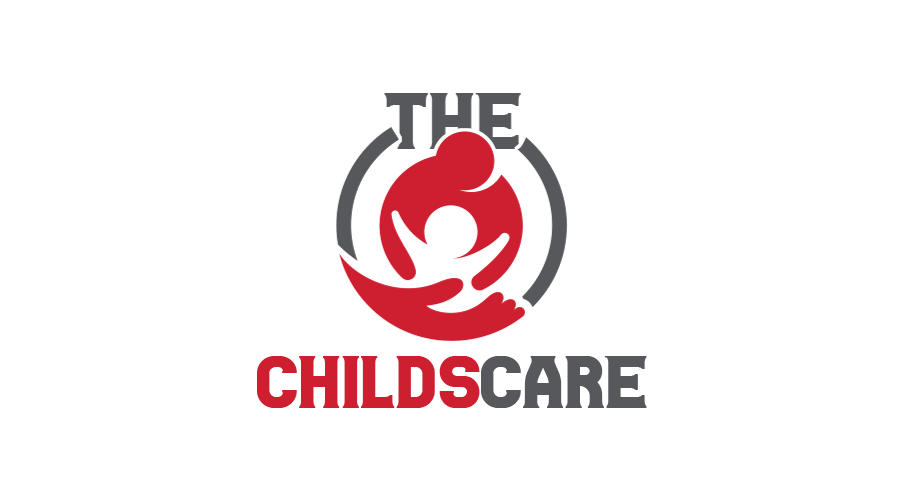Imagine spending decades in different workplaces. That’s how much time the average person devotes to their career. Therefore, it is essential to acknowledge the effects of the social setup on the human psyche.
Sometimes, the human interior signals such mental concerns, which, if dismissed, could lead to other more substantial problems in the workplace. So, focusing on individuals’ mental health is essential. Let’s discuss how to host a mental health seminar to do that!
Finding the right fit: Tailoring your mental health seminar
A mental health seminar without a mental health expert is like a sandwich without the filling. But a mental health seminar without the right expert? That’s like trying to open a lock with the wrong key – frustrating and futile.
A workplace is primarily full of diversity. It is teeming with employees, all with unique experiences, making it harder to plan a one-size-fits-all seminar. Therefore, knowing your audience and their unique needs is the secret sauce to a successful mental health seminar. Two main steps exist to do this, followed by a bonus point.
Step 1: Check in with your workplace’s pulse. Which mental health issues are brewing under the surface? Is it stress management, work-life balance, or addressing stigma around seeking help?
Step 2: Once you’ve identified the key issues, it’s time to find your mental health expert, a specialist who will examine the workplace’s targeted concerns.
Bonus Tip: Consider inviting a panel of specialists with varying specialties in mental health rather than just one speaker. In this manner, you can address a greater variety of subjects and meet the diverse needs of your staff.
Now that you’re all set at designing the theme of your mental health seminar, it is time to promote the event internally.
Promoting the event internally
Carrying out promotions might seem cumbersome, but it helps people engage with the subject. The event does not have to be very sophisticated, as having a casual atmosphere would encourage people to be candid and speak about shared experiences. As said, shared human experiences help unite people while making them more empathetic.
Use social media to spread the message: All Instagram and Facebook users may help save the day. Using their platforms, these Internet-savvy individuals may post about the event to reach maximum ears while creating hype around this event.
Spread the ‘word’ literally: It may help people if they try to communicate with each other. Go to old school and tell them about the event. Adding everyone to a WhatsApp group might do the trick.
Creating an engaging agenda
Now, what could the headline of this event be? Some people might find the idea of having a formal meeting somewhat intimidating. Anxious fellows might avoid such events, but asking others for ideas to get everyone together always works. The extroverts and the introverts could create a collaborative environment for creating an agenda.
Firstly, consider a topic that interests everyone, like “work/life balance,” or it could be more like social responsibility. Secondly, get others’ opinions to find common ground. Thirdly, it is associated with mental health buzzwords, like “Perception vs. Reception” or “the work-me vs. the social-me.”
Designing mental health posters
Designing posters is the most exciting part of the whole process, as it engages the individual’s creative side. Don’t worry if you do not have a very imaginative thought process. Just try to find new avenues to help you design. Start with the following steps.
Create Pinterest mood boards to get the ball moving; something innovative and catchy would do the trick. Then, choose late, which helps create a cozy atmosphere where people get talking. For example, blue gives off a calm and peaceful aura.
Furthermore, websites like Poster My Wall could help design posters with their wide variety of mental health poster templates, which would appeal to the audience. Also, write minimal words for the posters to garner attention, as more extended monologues tend to bore readers. Always emphasize the humane aspect and social concerns in the workplace to get a glimpse into the human mind. And don’t forget, empathy is critical to everything!
Conclusion
Summing up, mental health seminars should be a top priority for everyone. They help create a safe place for everyone to voice their concerns while looking deeper into the human thought process. Integration is vital to every workspace, so indulge in deeper conversations and create a circle where talking about such things is easy for everyone involved. Good luck!

